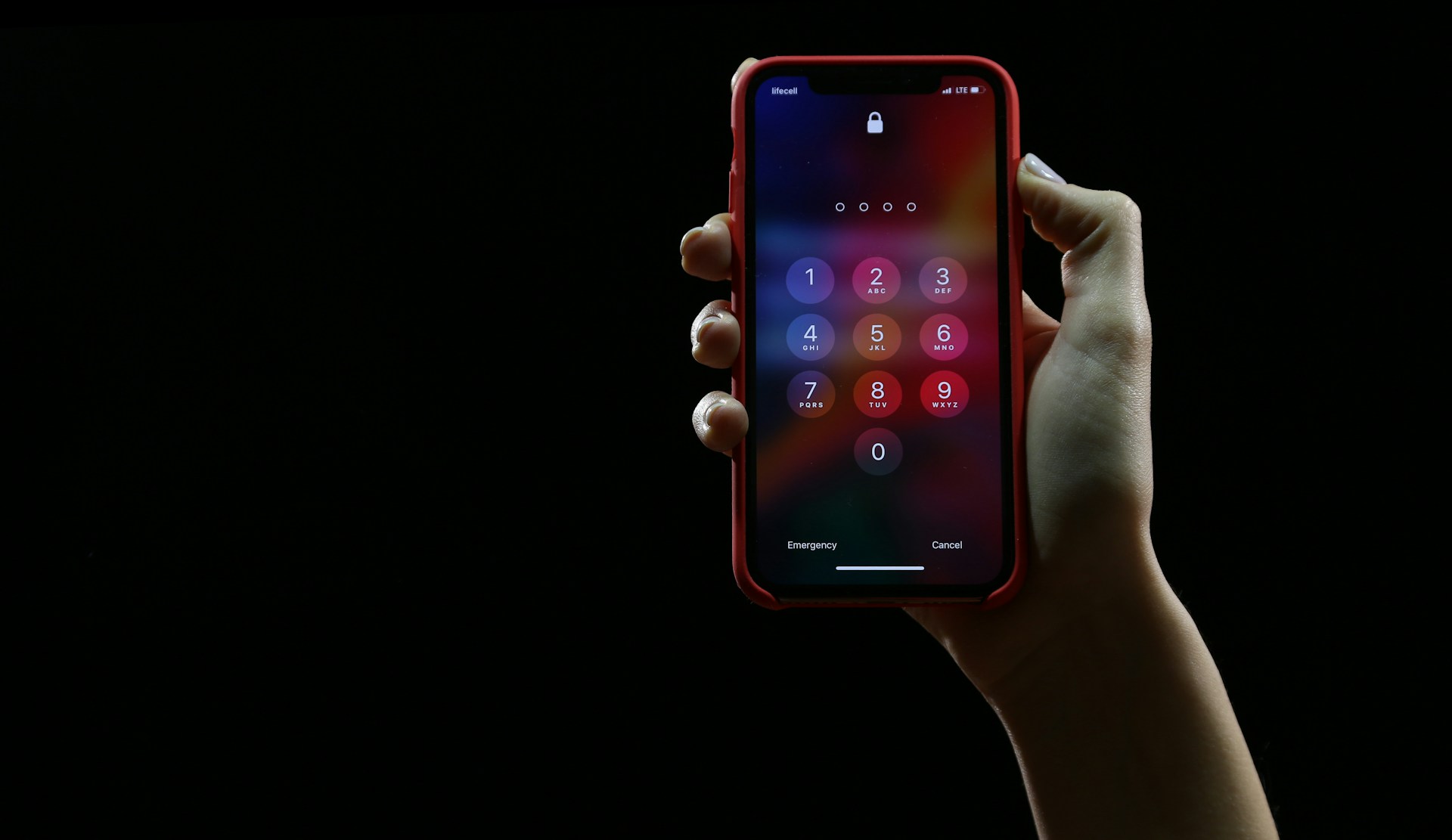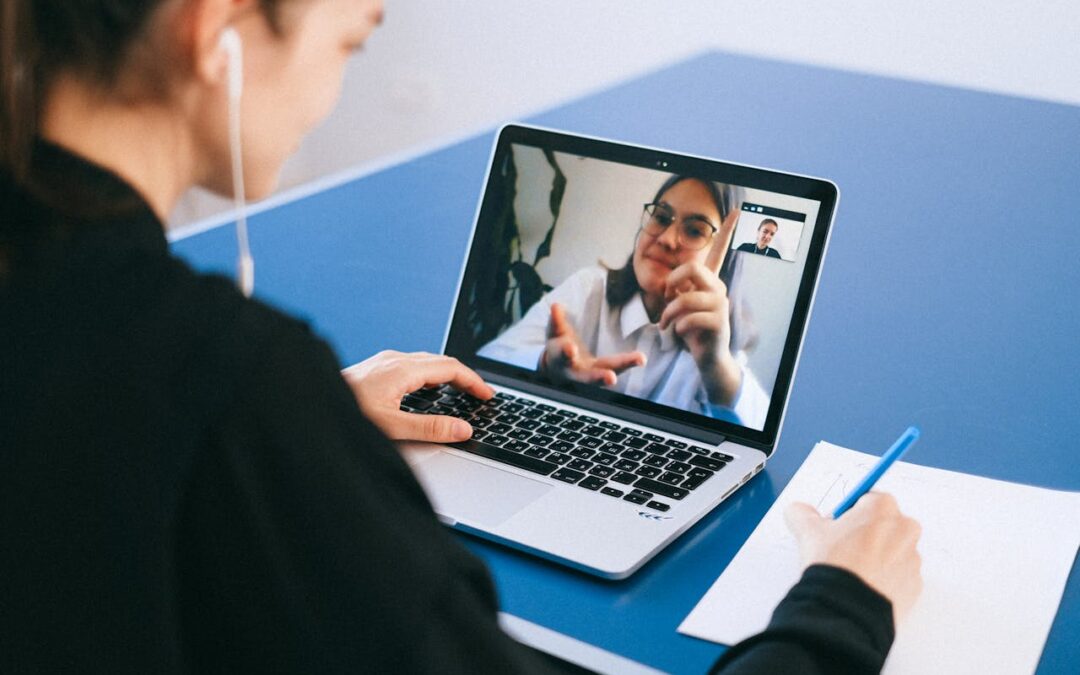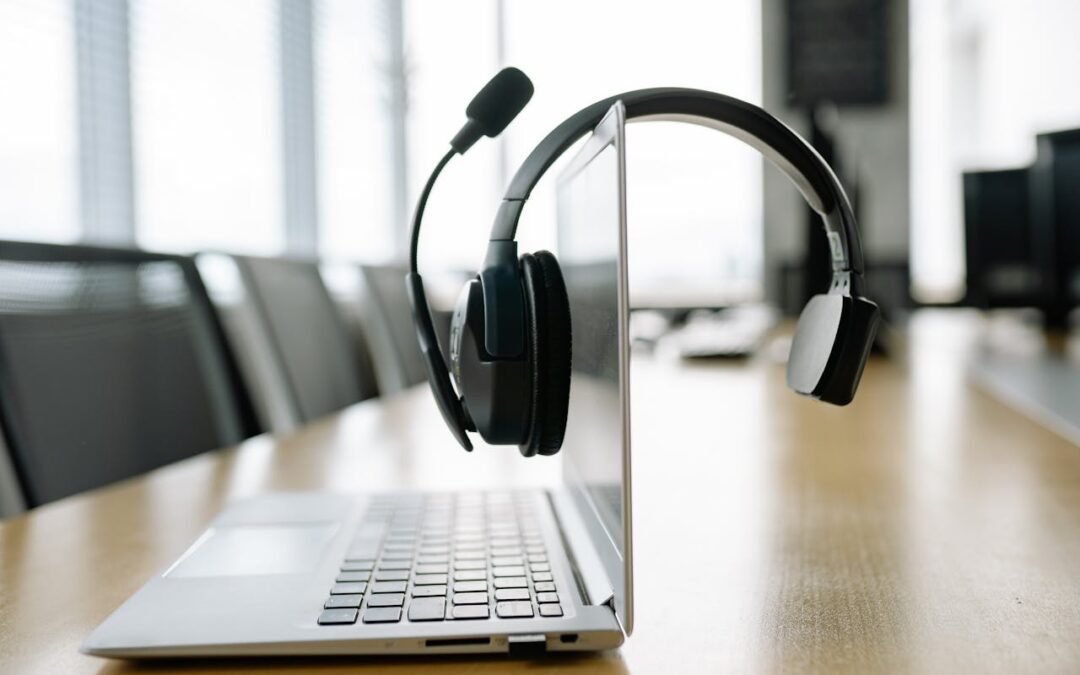Communication is the beating heart of every business and Voice over Internet Protocol (VoIP) is what keeps it ticking.
From small, family-run shops to charities, schools and medical practices, VoIP makes staying connected smarter, faster and better suited to the needs of modern businesses. Affordability is another huge benefit for budget-conscious businesses.
But with great power comes great responsibility. We’re talking about VoIP security. Safeguarding your systems is critical to protecting sensitive data and maintaining trust with clients, staff and stakeholders.
What’s at stake?
Cybercriminals are continually finding new ways to target VoIP systems. Tactics like eavesdropping, spoofing and denial-of-service attacks are some of the latest techniques to emerge. With these threats on the rise, organisations like care homes handling private medical conversations or churches using VoIP to stay connected with their congregations need to keep their guard up.
Breaches aren’t just inconvenient. They can disrupt operations and damage your business’s reputation.
The solution? Watertight VoIP security.
Keep reading to learn more about best practices for securing your VoIP business communications, no matter what sector you operate in.
Understanding VoIP security risks
To fully appreciate the importance of solutions you’ll need to understand the unique security challenges associated with VoIP.
1. Data interception and eavesdropping
VoIP calls travel over the internet as data packets. It’s efficient but leaves them open to interception. Without the right security measures in place, cybercriminals can listen in on sensitive conversations, like a medical practice discussing patient care or a small business negotiating with suppliers.
2. Spoofing and identity fraud
VoIP systems are susceptible to spoofing, a form of cyberattack that sees criminals impersonate a legitimate user or organisation. Charities and non-profits should be especially vigilant when it comes to cyber security threats like spoofing. Why? Because fraudulent calls to donors or volunteers could severely damage trust and direct funds to places they absolutely shouldn’t be going.
3. Denial-of-Service (DoS) attacks
DoS attacks overwhelm your VoIP system with traffic. The result? Service outages. DoS attacks can be extremely disruptive for businesses that rely on VoIP for day-to-day operations.
4. Phishing scams
Attackers can use VoIP to get employees falling hook, line and sinker for phishing scams. The goal is usually to trick staff into divulging sensitive information.
5. Unauthorised access
Weak passwords or unprotected networks can give cybercriminals access to your VoIP system. With free reign, they’re at liberty to make unauthorised calls or exploit your resources.
Best practices for securing your VoIP system
The good news? There are steps you can take to bolster VoIP security and protect your business from cyber threats.
1. Use strong passwords and update them regularly
Using strong passwords is one of the best ways to secure accounts associated with your VoIP system. This means no ‘password123’, no ‘letmein’ and definitely no birthdays.
We get it. Reusing passwords across different accounts might feel convenient. The average adult has roughly 100 passwords, so it’s impossible to remember them all by heart. It’s no wonder so many people fall into the trap of reusing the same password across multiple accounts. Unfortunately, hackers know this all too well, and will often use stolen passwords from one website to try and access other accounts, banking on the habit of people using the same password everywhere.
This can leave you vulnerable to cyberattacks.
The lesson? Creating unique passwords for each account might take a bit more effort. But it’s easily one of the best ways to keep your data safe and secure.
Have trouble remembering passwords? Here are some tips to help you stay on top of your passwords without risking the security of your accounts.
- Use a password manager – Securely store and generate strong, unique passwords without needing to remember them all.
- Develop memorable patterns – Create passwords using meaningful patterns, like the first letters of a phrase combined with numbers or symbols.
- Link passwords to personal concepts – Tie passwords to non-obvious personal memories, like a favourite song lyric.
- Write down hints – Instead of writing full passwords, jot down clues that only you would understand.
- Leverage visual cues – Associate your password with an image, keyboard pattern, or mental map for easier recall.
2. Enable encryption
Encryption converts VoIP call data into a code that unauthorised users can’t decipher. This end-to-end encryption keeps conversations 100% confidential, a feature that’s non-negotiable for organisations like medical practices and charities that handle sensitive information.
3. Secure your network
A secure network is the backbone of VoIP security. The best providers use firewalls, virtual private networks (VPNs) and segmentation to protect against unauthorised access. It’s why you’ll often see businesses create separate networks for administrators and guests.
4. Implement multi-factor authentication (MFA)
MFA adds an extra layer of security to your accounts. It asks users to verify their identity using multiple methods, like a password and a one-time code. This is especially beneficial for small businesses with remote staff.
5. Regularly update software and hardware
Outdated software and hardware can open the floodgates to attackers. Make sure that your VoIP system and all associated devices are updated with the latest security patches.
6. Conduct regular security audits
Periodic audits can help identify vulnerabilities in your VoIP security. Every small business is different so it’s best to get a tailored assessment to pinpoint and address weak points.
7. Train employees on VoIP security
Human error is often the weakest link in security. Provide training on recognising phishing attempts, creating strong passwords and following secure communication protocols. For charities that depend on volunteers or schools and colleges with a large workforce, hands-on workshops can make a big difference.
The bottom line? Knowledge is power when it comes to VoIP security.
8. Monitor call logs and network activity
Regularly reviewing call logs can help detect unusual activity, like unauthorised calls. Using monitoring tools is one of the best ways to spot irregular patterns before they escalate.
9. Work with a trusted provider
Partnering with a trusted telecoms provider ensures your VoIP system is built with security in mind. How do you know which providers will go the extra mile when it comes to security? Look for providers that are happy to chat about their security measures. And of course, check out reviews on websites like Trustpilot.
Tailored solutions for different sectors
Different organisations have unique needs when it comes to VoIP security. Let’s take a closer look at how these practices can be applied across different small business sectors.
VoIP for small businesses
Small businesses rely on VoIP for everything from customer service to team collaboration. Security techniques like encryption and MFA help protect sensitive information and reduce the risk of data breaches.
VoIP for charities and non-profits
Charities often operate with limited resources. This makes affordable security solutions essential. VoIP plans tailored to the needs of charities and non-profits include security features designed to prevent breaches like spoofing and unauthorised access, ensuring benefactor trust remains intact and donations go exactly where they’re supposed to.
VoIP for schools and colleges
Educational institutions have interesting needs as they cater to both administrative staff and students. Security steps like network segmentation and regular software updates can help protect data without compromising connectivity.
VoIP for medical and dentistry practices
Healthcare providers handle sensitive patient data daily. Encryption, firewalls and regular audits are critical to maintaining confidentiality and compliance with data protection regulations.
VoIP for churches and care homes
Churches and care homes rely on VoIP to stay connected with their congregations and communities. User-friendly VoIP security measures, like training and MFA, help keep your system accessible and protected.
Emerging trends in VoIP security
As technology evolves, so do the threats and solutions associated with VoIP. Staying ahead of these trends is crucial for maintaining a secure communication system.
1. Artificial intelligence (AI)
AI-powered tools can detect and respond to unusual activity in real time. For example, AI can identify and block phishing attempts before they unfold.
2. Biometric authentication
Biometric security, like fingerprint or facial recognition, adds an extra layer of VoIP security.
3. Advanced encryption protocols
As encryption technology advances, businesses handling confidential data like personal customer information or credit card details can benefit from even more robust protection.
The role of VS Group
At VS Group, we understand that every organisation has unique communication needs. That’s why we specialise in providing secure, tailored VoIP solutions for small British businesses, charities, schools, medical practices and other organisations in need of best-in-class communication.
Our VoIP systems come with advanced, built-in security features, including encryption, firewalls and user-friendly management tools. We also offer ongoing support and training to make sure your team feels confident using the system.
Our goal? To deliver shatterproof communications solutions so you can focus on what matters most – achieving your business goals.
Fortify your VoIP system
Ready to secure your business communications with steel-clad VoIP security? Schedule a meeting with VS Group today for a consultation tailored to your organisation’s needs. Whether you’re a small business, a school or a charity, we’re here to help you implement a VoIP solution that’s both secure and efficient.





